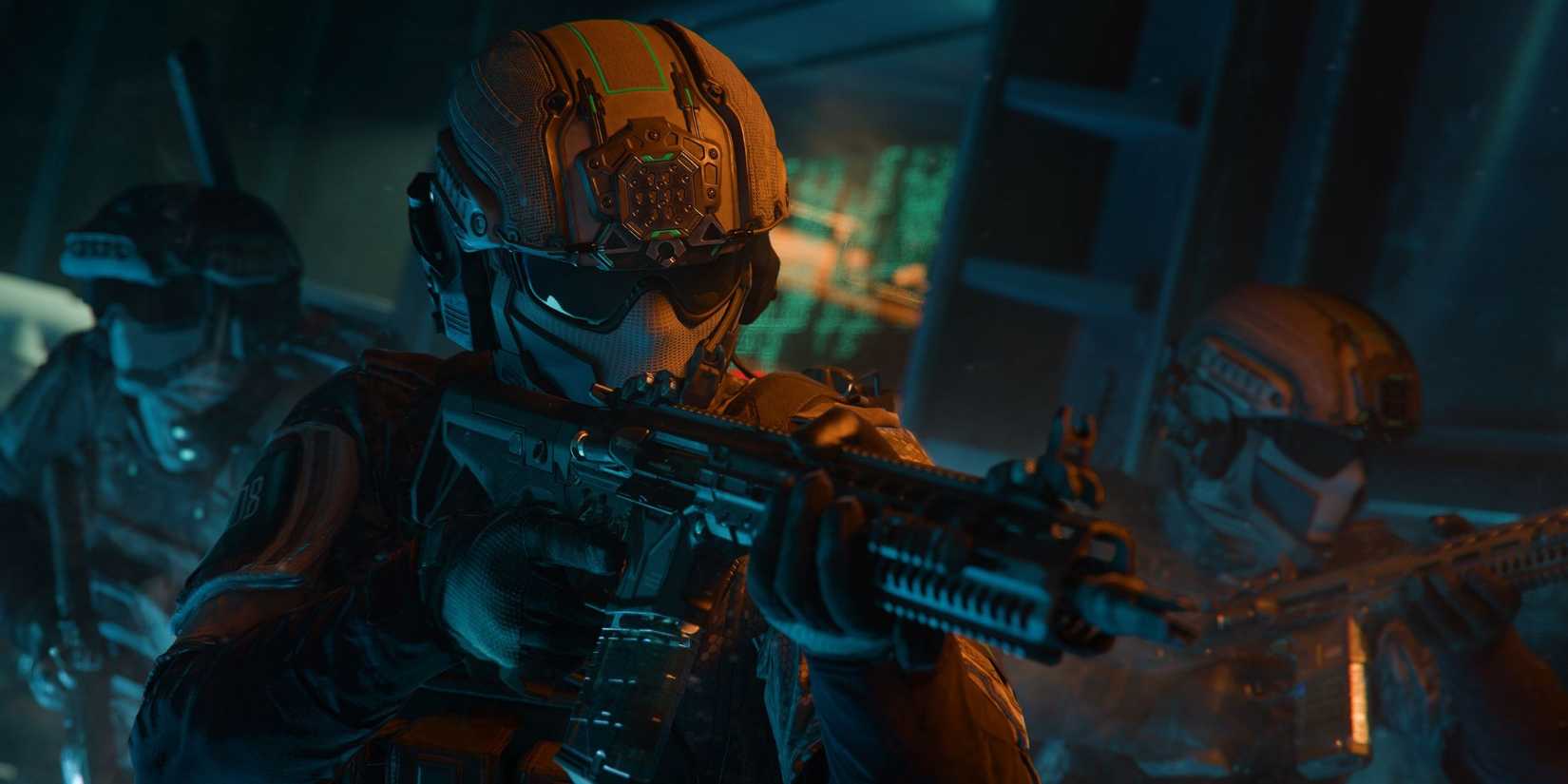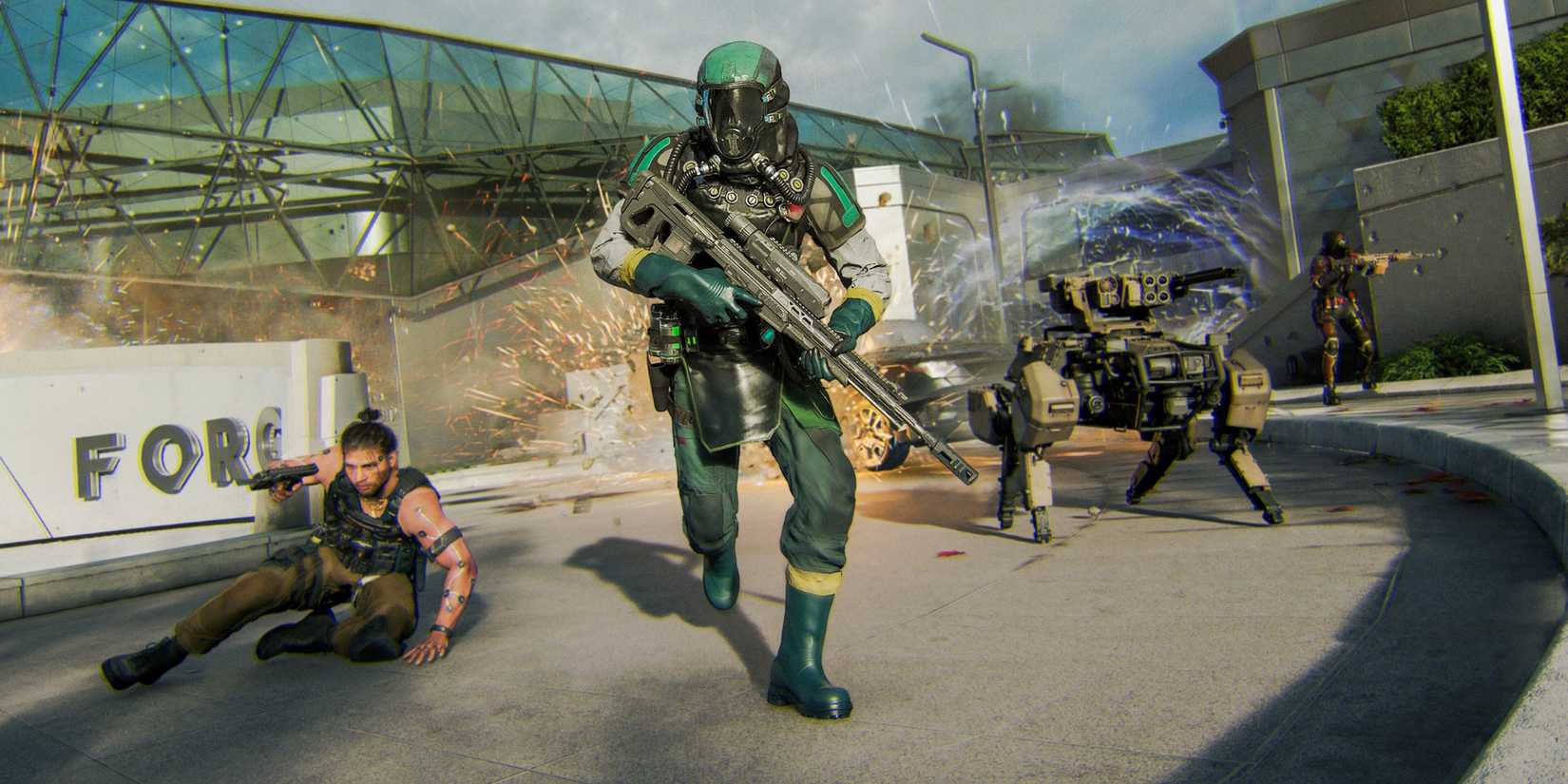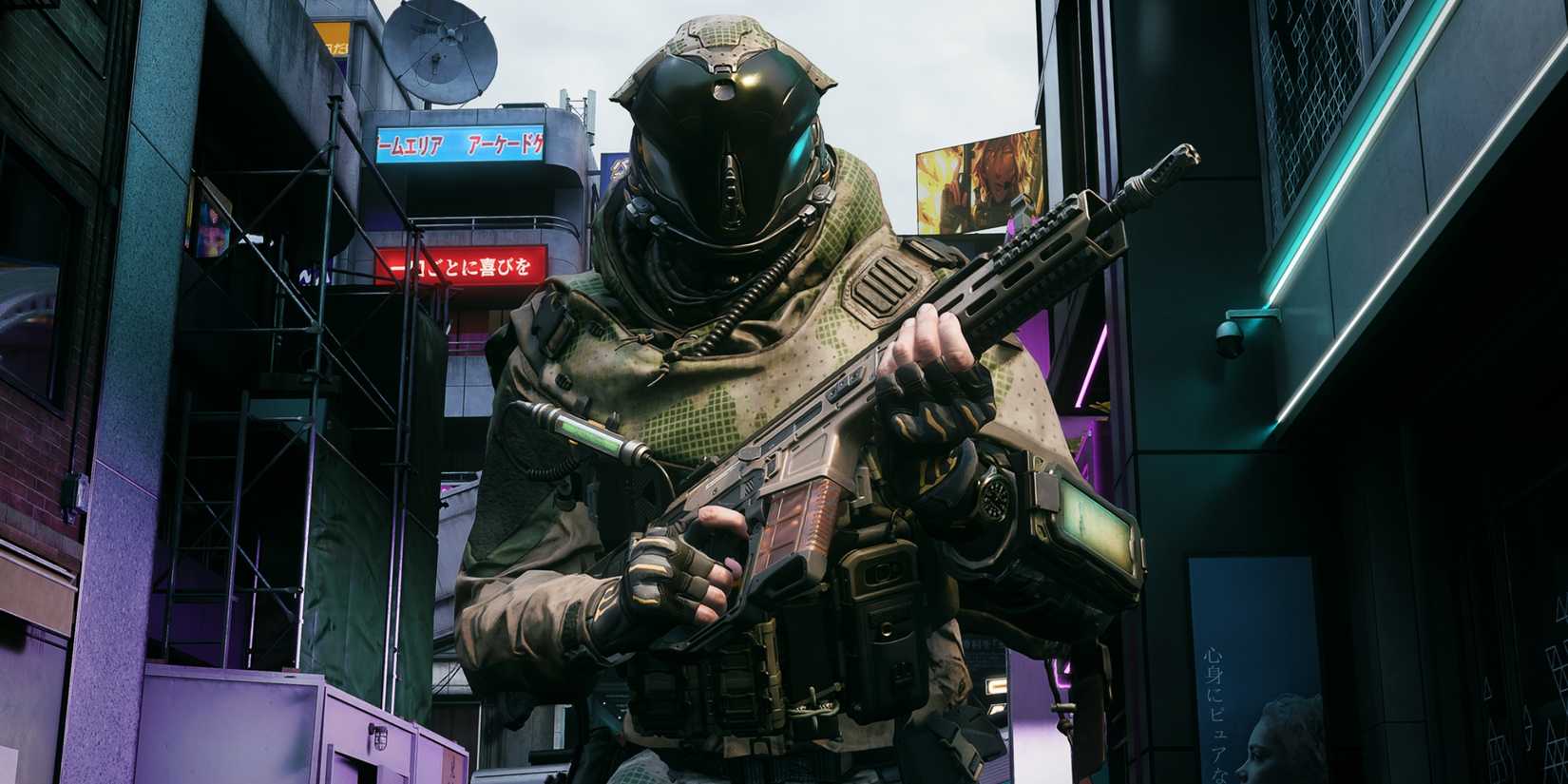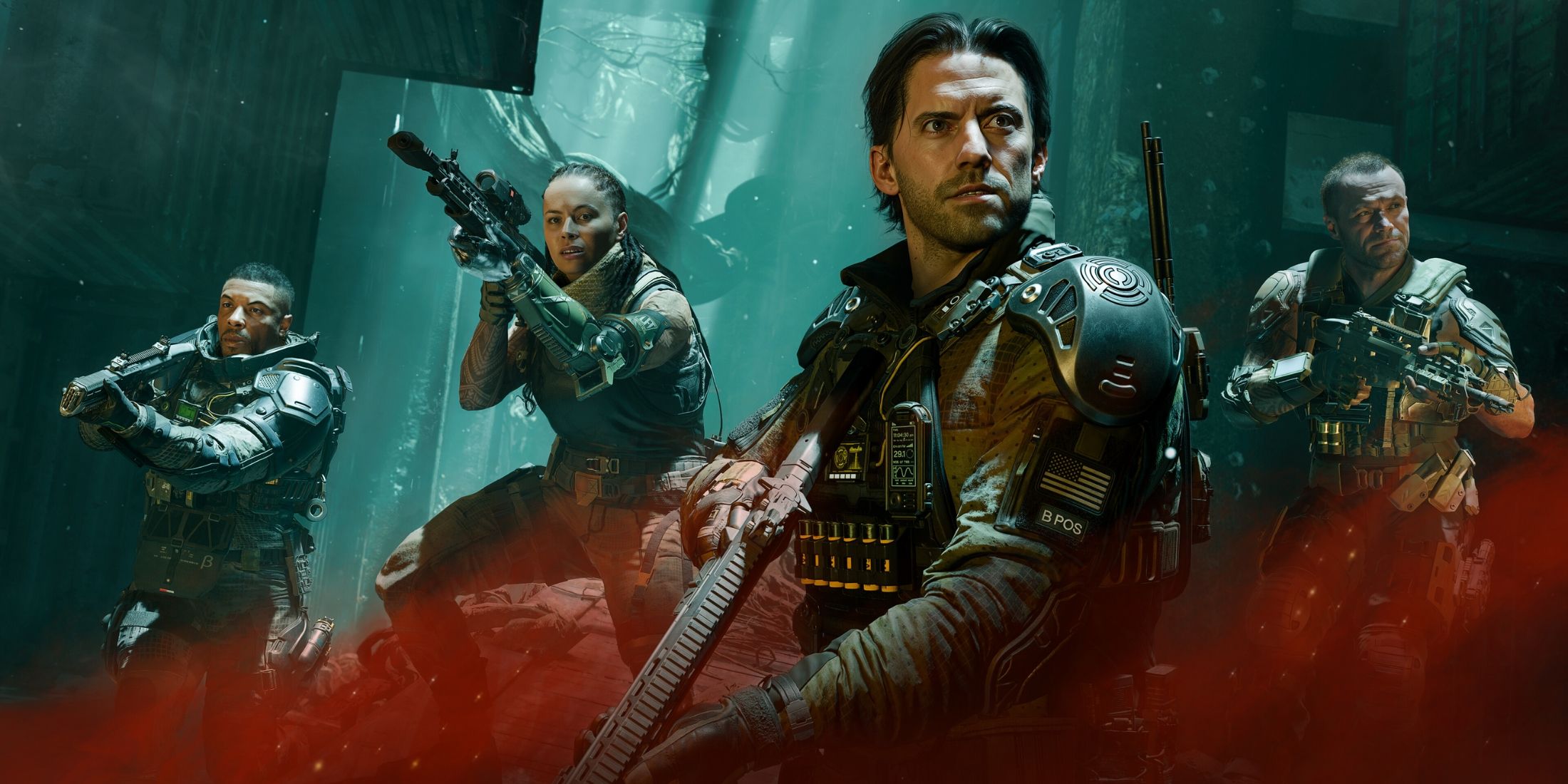The Backlash is Real: Call of Duty: Black Ops 7 Trailer Hits Historic Dislike Milestone
Popular Now
 FIFA 23
FIFA 23
 Counter-Strike 2
Counter-Strike 2
 Brawl Stars
Brawl Stars
 Schedule I
Schedule I
 Toca Boca World
Toca Boca World
 Free Fire
Free Fire
 NBA 2K24
NBA 2K24
 Garena Free Fire: Kalahari
Garena Free Fire: Kalahari
 Candy Crush Saga
Candy Crush Saga
 Free Fire Max
Free Fire Max
 The hype train for Call of Duty: Black Ops 7 has officially derailed, as the game’s official gameplay reveal trailer has amassed an alarming number of dislikes on YouTube, far surpassing its “likes” and drawing comparisons to the infamous reveal of Call of Duty: Infinite Warfare. Released at Gamescom, the trailer was intended to showcase the franchise’s new direction, but has instead become a lightning rod for community frustration and a grim symbol of the perceived decline of the Call of Duty franchise.
The hype train for Call of Duty: Black Ops 7 has officially derailed, as the game’s official gameplay reveal trailer has amassed an alarming number of dislikes on YouTube, far surpassing its “likes” and drawing comparisons to the infamous reveal of Call of Duty: Infinite Warfare. Released at Gamescom, the trailer was intended to showcase the franchise’s new direction, but has instead become a lightning rod for community frustration and a grim symbol of the perceived decline of the Call of Duty franchise.
The numbers are stark: according to browser extensions that restore YouTube’s hidden dislike count, the Black Ops 7 trailer has been “ratioed,” meaning its dislikes far outnumber its likes. As of this writing, the trailer has accumulated hundreds of thousands of dislikes, while only a fraction of that number has hit the like button. This overwhelming negative reception is a clear indicator that the game’s marketing and design choices are not resonating with the core player base.
 This is not an isolated incident. The negative sentiment mirrors the widespread backlash against Infinite Warfare in 2016, a game that faced similar criticism for its futuristic setting and departure from the franchise’s roots. At the time, that trailer held the record for the most disliked gaming video on YouTube. While Black Ops 7 may not reach those exact heights, the community’s reaction signals a deep-seated dissatisfaction that Activision cannot afford to ignore.
This is not an isolated incident. The negative sentiment mirrors the widespread backlash against Infinite Warfare in 2016, a game that faced similar criticism for its futuristic setting and departure from the franchise’s roots. At the time, that trailer held the record for the most disliked gaming video on YouTube. While Black Ops 7 may not reach those exact heights, the community’s reaction signals a deep-seated dissatisfaction that Activision cannot afford to ignore.
 Why Fans Are Disliking the Black Ops 7 Trailer
Why Fans Are Disliking the Black Ops 7 Trailer
The reasons for the widespread disapproval are multifaceted, but they can be boiled down to a few key areas of concern for the Call of Duty community.
- Futuristic Setting Fatigue: The trailer’s over-the-top, sci-fi aesthetic has been a major point of contention. Many long-time fans feel the franchise has strayed too far from its grounded, military shooter origins. The surreal, reality-bending elements of the campaign and the “goofy,” “Fortnite-like” skins showcased in the multiplayer section are seen as a betrayal of the franchise’s core identity. This is a sentiment that has haunted futuristic Call of Duty titles for years.
- Perceived Lack of Innovation: Critics argue that Black Ops 7 appears to be an incremental update rather than a new, standalone title. With the game being developed by the same studios that released Black Ops 6 just one year prior, many players see the new title as a “year two” version of the previous game, with recycled assets and similar gameplay mechanics. The trailer’s focus on a new Omnimovement system and the return of some classic features is not enough to convince many that the game is worth a full $70 price tag.
- Growing Competition from Battlefield 6: The negative reaction to the Black Ops 7 trailer has been amplified by the simultaneous and overwhelmingly positive reception to the rival title, Battlefield 6. The most-liked comments on the Call of Duty trailer’s page are not about the game itself, but about how the trailer has convinced them to pre-order Battlefield 6 instead. With a successful open beta and a promise of a more grounded, large-scale warfare experience, Battlefield 6 has captured the public’s excitement and has put significant pressure on Activision.
- Monetization and Content Creator Backlash: The trailer’s ending, which prominently features pre-order bonuses and various editions of the game, has been criticized as being too focused on monetization. Additionally, the decision to invite paid content creators to a special reveal event has drawn the ire of the community, with many accusing these influencers of being “paid actors” who provide dishonest hype for the game. This has created a significant divide between the corporate marketing push and the authentic, grassroots player community.
The Long-Term Impact on the Franchise
While the trailer’s poor reception is a major setback for Activision, history shows that negative online sentiment does not always translate to poor sales. Despite the massive backlash, Infinite Warfare still sold millions of copies, partly due to its bundling with the highly-anticipated Modern Warfare Remastered. The Call of Duty brand remains a powerhouse, and the annual release schedule has created a loyal, if often critical, player base that will buy the new game regardless of the public’s opinion.
However, the sustained negativity surrounding Black Ops 7 is a worrying sign. It indicates a significant breakdown of trust between the publisher and its audience. The franchise’s perceived shift away from its core audience to chase wider, more casual trends—such as the colorful cosmetics and fantastical elements popularized by games like Fortnite—is alienating the very players who have supported the series for decades.
 This incident serves as a crucial moment for the future of Call of Duty. If the negative reception to the trailer is a true reflection of consumer sentiment, Activision may be forced to re-evaluate its creative direction and marketing strategies to win back the trust of its most passionate fans. The success of Battlefield 6 could be the catalyst that finally forces the goliath to take a hard look in the mirror. For now, the verdict is clear: the community is not impressed, and they are making their voices heard with every single click of that dislike button.
This incident serves as a crucial moment for the future of Call of Duty. If the negative reception to the trailer is a true reflection of consumer sentiment, Activision may be forced to re-evaluate its creative direction and marketing strategies to win back the trust of its most passionate fans. The success of Battlefield 6 could be the catalyst that finally forces the goliath to take a hard look in the mirror. For now, the verdict is clear: the community is not impressed, and they are making their voices heard with every single click of that dislike button.






